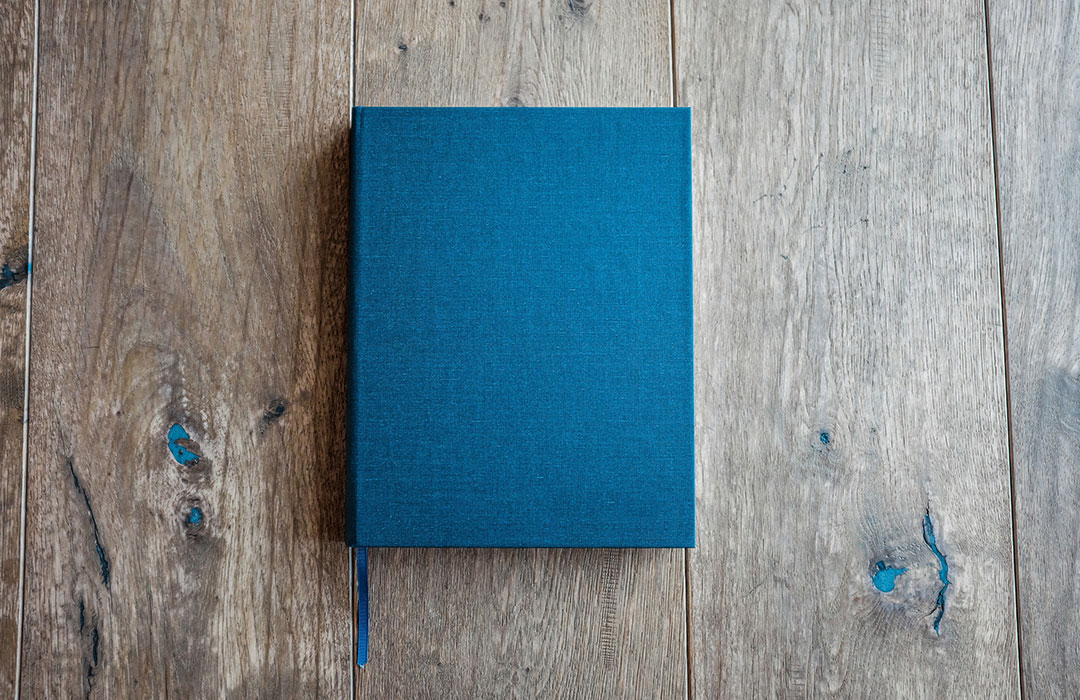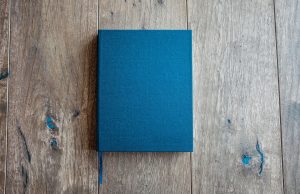
Many people keep a diary or journal as a way to store their thoughts. Actually, a recent study found that 83% of girls, ages 16-19 say they keep a diary—mostly as a means of personal reflection.
If you keep a diary or journal, you are in good company. Past United States Presidents such as George Washington, and famous writers like Lewis Carroll, kept a diary. Some diaries have even been the center of history, such as the diary of Anne Frank, which is now a book entitled, Anne Frank: The Diary of a Young Girl.
Expressive Writing That Helps Us Cope
Research has found that keeping a journal about your interpersonal thoughts and feelings aids in coping with past events. It can even help you accomplish your goals in the future. This is called expressive writing.
A lot of research has been done on this topic, and one of the best to study it has been James Pennebaker. Pennebaker has found that assimilation is a crucial component in journaling about negative life events. Based off of his research, he believes that writing or journaling about negative life events can be beneficial to your immune system. He writes in his book, Writing to Heal: A Guided Journal for Recovering from Trauma and Emotional Upheaval that this type of journaling can enhance your immune system, grades in school, and your life as a whole. He backs these beliefs by stating that this occurs because writing about trauma adjusts the memory and modifies the way it is organized and remembered.
Intensely Positive Experiences vs. Trivial Topics
Journaling doesn’t only have to be about the negativity in your life. It has been found that people are actually happier when they write about accomplishing future goals. Chad Burton and Laura King studied intensely positive experiences (IPE) in comparison to control (trivial) topics. From their research, they found that participants who were writing about IPEs displayed a better overall mood as well as fewer medical visits.
Okay: which is better? Journaling about your positive life dreams and aspirations? Or your negative experiences and feelings? There’s actually no clear answer. The studies ran produced mixed results, so experimenting with both is worth a try until you find what best suits you. Journaling is a great self-help tool because it’s free and can be available to you whenever and wherever you need it.
How to Start Journaling: Exploring Different Mediums and Topics
Here’s how to get started: Find the best “journal” for you, whether that be your computer, a book, or a smart phone application made just for journaling. Each of these methods are great! It’s all about finding what’s best for you.
Consider your journal a friend—your best friend that you can talk to about absolutely anything. Use this as an experiment to find what kind of journaling works best for you. Maybe this doesn’t feel natural to you; that’s okay, stop. The idea is to find out what kind of expressive writing is best suitable for you.
To start, let’s use a technique utilized by the researchers. The first technique is journaling about negative feelings, and the second is journaling about accomplishing goals. There have been incredible results found in people who journal about themselves for 20 minutes a day for four days in a row. Don’t let the time-limit seem daunting, once you get started, time will fly by. As you are writing, don’t worry about paying attention to grammar, spelling, or punctuation. Just simply put pen to paper (or fingers to the keyboard) and write.
The first day may come as a challenge to you, as some people find it difficult to write the first day or two. Find a comfortable place and start writing about something that is bothering you or something that has been difficult for you. Continue this for four days. See how this style of writing makes you feel.
Maybe the first option didn’t provide you with much relief—that’s ok! The second exercise is to journal about your hopes, dreams, and goals. This gives us the ability to look forward to the future in a positive light. Journaling this way brings about optimism. Select a future date, maybe it’s a month, a year, or 3 years. Imagine yourself being the best version of you. Picture something you’ve been working towards, that way your aspirations are realistic. Jot down as many details as you can. Write about these goals for four days.
Journal for Your Best Benefit
Be sure to keep your journal as private as you want it to be. It’s important to be completely honest with yourself. Maybe you’ll go back and read through your journal or maybe you won’t. Everyone is different. The power in journaling is the writing, not the reviewing.
In eight days, you will have two journaling samples. Maybe one style has worked better than the other. If so, that’s the obvious choice. If they are different, use the style that has helped you the most. I’ve found that both can be helpful, it depends on what kind of relief I’m searching for.
Let’s keep in touch! Sign up to receive our newsletter:
Start a Relationship with An Exceptional Counselor
- Skilled and caring professional counselors
- Accepting all major and most insurances
- High-touch customer service & premium benefits
- Same- or next-day appointments
- Ultra-flexible 23.5hr cancellations














